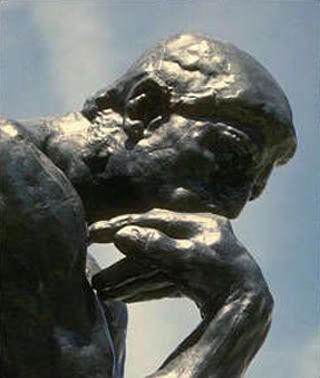
Human beings in the modern age love getting things as soon as possible. They seek out the latest gadgets, latch on to concepts that are easy to digest, choose a Big Mac over a slow-roasted side of beef cooked over a fire at home. Be it a burger, a toy or an idea, the less effort you take in its creation and the less responsibility you take for it, the larger a mess you create upon use or consumption.
Rather than go into some of the more provocative areas in which we can see evidence of this, let’s keep the blog focused on gaming and writing. Working with a published adventure is fine. Especially if you’re doing a one-shot adventure at a convention, you don’t need a great deal of backstory to set interested players on their way. I learned that one the hard way. However, if you’re going to present a group of players with a consistent experience on a semi-regular basis, the adventures cannot exist in a vacuum. Backstory, motivations, rewards and penalties all take on more and deeper meaning if there’s something both before and after the dungeon crawl.
It also helps if the elements outside of the in-the-moment experience make sense. You can’t hide a crucial item from the party in an impenetrable room with no visible or hidden entry way, then punish them for not acquiring the item. If you give no evidence of the item’s existence, save for perhaps a mention in local folklore, punishing them for failing to acquire it means you set them up to fail from the very beginning. I hazard to say the DM that does this to their party is a rather poor one.
It’s true for writing, as well. I’ve seen good concepts and interesting setups let down utterly by contrivance, bad characterization and deus ex machina. When you write something and it becomes published or even popularized, to completely ignore it in subsequent works in the same universe is inexcusable. The universe created by the writer, like the adventure presented at the gaming table, does not and should not exist in a vacuum.
That said, I’m not suggesting that every story regardless of length needs a weighty amount of support. A short story works fine on its own if there’s a coherent narrative through-line and the end doesn’t contradict the beginning without good reason. A solid foundation, though, is key when crafting a longer narrative like a novel or a feature film. Especially if there may be more to come in that universe with those characters, the more time you spend getting things right behind the scenes, the better the experience will be for the reader.
In short, it behooves the creative mind to take time to think. Make sure things in the tale make sense. Poke weak points to see where they fail. Smooth over the rough spots as much as possible. Writing, be it a novel or a gaming campaign, isn’t instant gratification. It’s slow, methodical, intellectually challenging work. If you want it done right, that is.



Leave a Reply